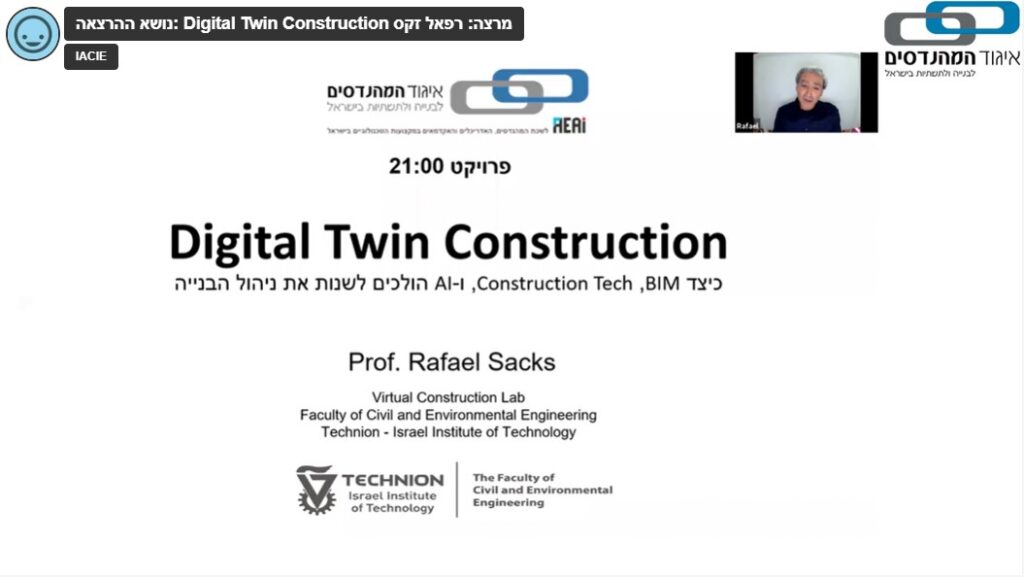Duygu Utkucu, Huaquan Ying, and Zijian Wang, at Technion – Israel Institute of Technology led by Rafael Sacks developed a novel integrated approach for the classification of BIM objects for building performance evaluation, which now has been published in the Journal of Advanced Engineering Informatics.
In this article, we focused on the automated classification of architectural and MEP BIM objects to address data exchange and interoperability challenges in pre-processing building models for performance evaluation. We suggested a series of ensemble models using a stacking mechanism of four classification tools. These four tools exploit different object features, as follows:
– Semantic Keyword Search (SKS) Tool utilizes object alphanumeric properties.
– Rule-based Inferencing (RBI) Tool utilizes spatial topology relationships between objects.
– Machine Learning (ML) Tool utilizes 3D object geometry features.
– Deep Learning (DL) Tool utilizes object visual shape features.
In addition, we presented a BIM object dataset comprising 3,410 instances across 40 classes and introduced eight ensemble models. The best ensemble model, applying all four classification tools, achieved 91.0% prediction accuracy. This demonstrated that automatic classification using ensemble learning is an effective strategy.
Here is the link to the full article:
Free to access by May 15, 2024: https://authors.elsevier.com/c/1ipmi5FA1k9dNg
DOI: https://doi.org/10.1016/j.aei.2024.102503
Download the article dataset:
https://github.com/duyguutkucu/BIMObjectDataset/tree/main



